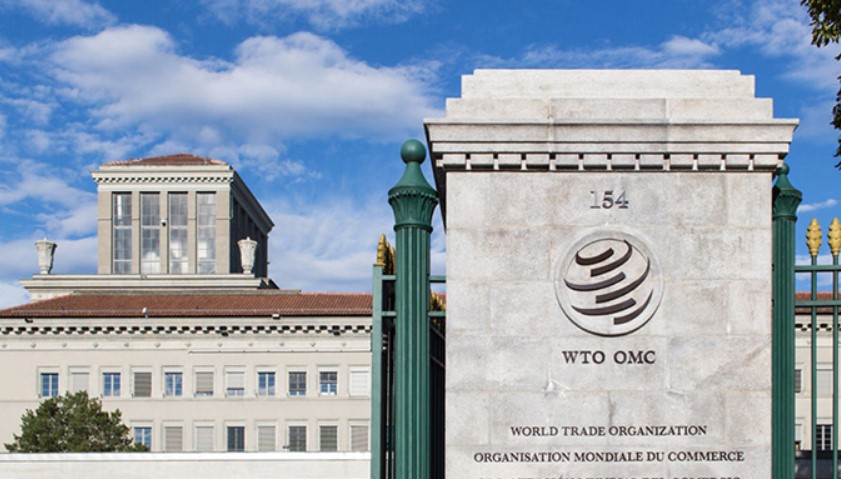India is ruled out by a WTO panel: The European Commission stated that India’s tariffs affected up to 600 million euros of its exports annually. In a dispute with the European Union, Japan, and Taiwan, a panel of the World Trade Organization decided on Monday that India had broken global trading rules. The case relates to import obligations for a great many items. Read More Business News on our website.

WTO Panel Rules against India Know its Impact over Economy
The WTO panel advised India to comply with its obligations through such measures.
In 2019 the EU, Japan, and Taiwan tested the import obligations on specific IT items. Products such as mobile phones, mobile phone components and accessories, line telephone handsets, base stations, static converters, and electric wires and cables were subject to import duties ranging from 7.5% to 20%, which the EU had challenged. The EU argued that India was obligated to apply a zero-duty rate to such products as a result of the WTO commitments and that these duties were a direct violation of WTO rules.
The European Commission expressed that as much as 600 million euros of its products were straightforwardly impacted by India’s taxes on a yearly premise. It stated that the impact on European businesses that also export to India from other nations is significantly greater.
The European Commission stated in a statement that the World Trade Organization (WTO) “upheld all EU claims against India and determined that India’s tariffs of up to 20% on specific ICT products, such as mobile phones, were not in line with its WTO commitments and, therefore, are illegal.” In this case, India made no arguments that could back up the charges.
“India was unable to escape the obligations it made in its WTO schedule using the Information and Technology Agreement (ITA). It also couldn’t restrict its zero-duty promise to only cover items that were in stock at the time and leave out more modern technology items that fell under the same tariff category. The board too “affirmed that there was no blunder made in deciding India’s duty commitments, including when the tax lines terminologies were reconsidered” and “wouldn’t survey India’s solicitation to change its levy responsibilities.”
It Is indistinct if India could bid against the decision at this point.
Despite Japan’s assertions that India’s customs notifications lacked “predictability,” the panel rejected India’s complaints.
